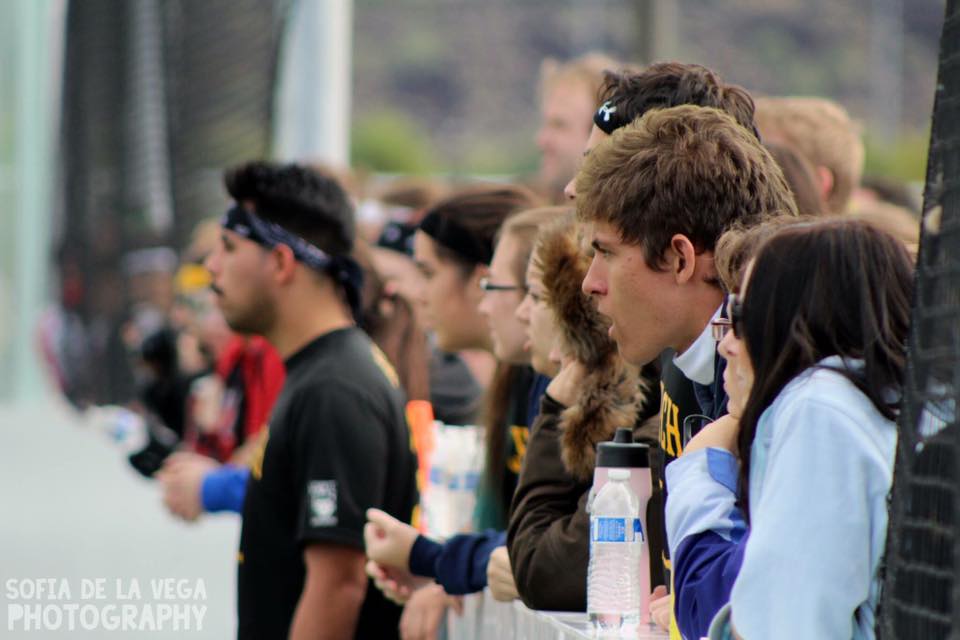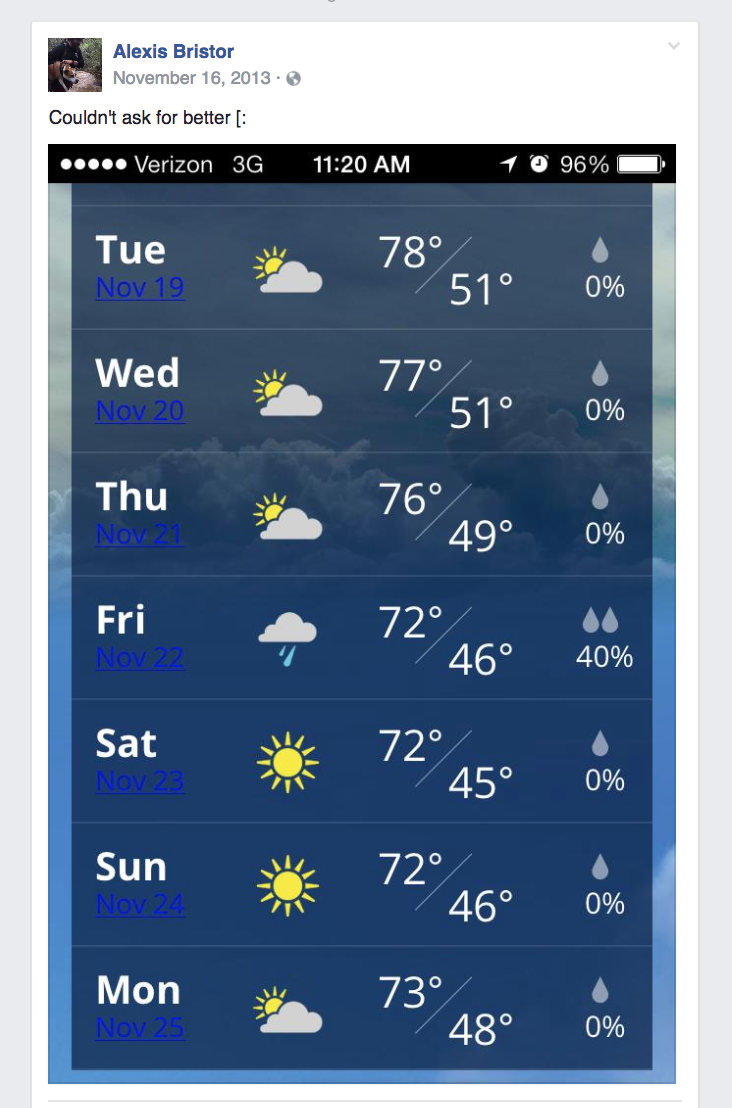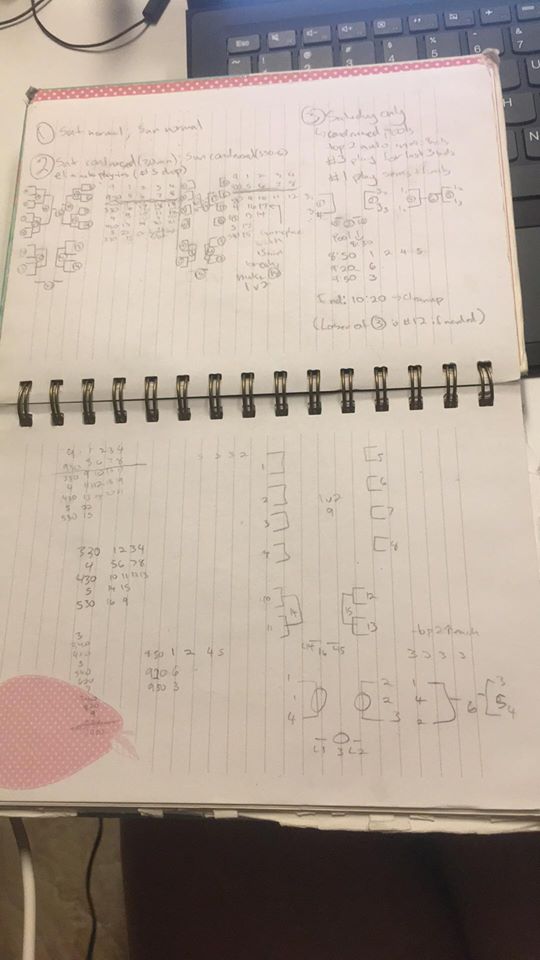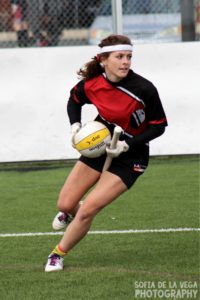Antwerp QC, Much of Belgian Core, Leaves Competitive Quidditch

Credit: Sofia de la Vega
Nov. 23-24 of 2013, 19 IQA-official teams convened in Tempe, Ariz. to determine the best team in the West. The Lost Boys of Lomita, Calif. looked poised to obtain that title and–at the Benedict Sports Complex–they proved it, claiming the crown in one of the most boring, predictable regional championships in quidditch history.
There’s only one problem with this story: it didn’t happen.
Sure, the Lost Boys rolled through the tournament, winning their first regional title with an unexpectedly close 100-point contest against Arizona State University, but no regional tournament ever took place in Tempe. In its place, there was a mildly interesting tournament. What is less well known, however, is the story behind the event: How did the West go from a normal regional in Tempe to the first regional championship with no off-pitch snitching, a confined hard boundary, experimental brooms and a day one that extended past midnight?
On Nov. 12, the four pools composed of 19 teams were announced by West Regional Championship Tournament Director Alexis Bristor. She closed the announcement with a message that would look quite ominous in retrospect: “Get ready for one interesting tournament.” At that point, she had no idea just how prophetic that sentence would be.
DROPS IN THE DESERT
Weather forecasts looked a bit iffy going into the tournament. Thankfully, as the event got closer, the forecasts started looking better and better: 40 percent chance of precipitation on Friday, but clear, sunny skies predicted for every other day around the tournament. Just a week before the tournament, Bristor felt confident enough to let everyone know that the weather was going to be fine for the tournament.
We–members of the Silicon Valley Skrewts and me–arrived in Arizona on Thursday. I had convinced the tournament’s Head of Gameplay, Sarah Kneiling, to stay with us, as she was one of my oldest friends in quidditch. While there was some slight rain late at night, we went to sleep on Thursday, expecting a calm day to follow.
We awoke Friday morning, and while the rain had intensified, the day still promised to be relaxing. We took rare advantage of an electronic dart board and played pool through the morning. The rain persisted throughout the day but spirits remained high until a little after 1 p.m. when Kneiling received a call from Bristor.
Phoenix is not a city particularly accustomed to rain, so fields and parks have not really been constructed with the idea of drainage in mind. Accordingly, there was a very real chance the tournament would lose the fields for Saturday, but gameplay was still pretty confident that they would have the fields for Sunday (after all, the weather reports had shown there would be no rain after Friday). It wasn’t until an hour later that tournament organizers and logistics staff had confirmation that we were losing our fields on Saturday. Later that day, it started to look apparent that we wouldn’t even have the fields on Sunday. We now had 19 teams fighting for 11 World Cup bids and no fields on which to compete.
The IQA’s resident Arizonans went to work. The crew was Bristor; Alicia Radford, then COO of the IQA; and Eric Andres, founder of Northern Arizona University’s team. They called every field possibility they could find, but everyone was either closed because of the rain or already booked. Finally, the IQA struck gold in the form of Arizona Sports Complex in Glendale, Ariz. The space had an opening on Saturday afternoon starting at roughly 4 p.m., but Bristor and company could book the fields until 11 p.m. Unfortunately, there was a youth soccer tournament on Sunday until 3:30 p.m., and it looked like there was a good chance the West Regional Championship was going to become a single-day tournament. Thankfully, while we only had two indoor fields to work with, the fields could easily hold two quidditch pitches each, allowing for four games at a time instead of the three at a time originally scheduled. Unfortunately, because we were down to a single-day tournament, gameplay had to get creative.
REFORMATTING THE TOURNAMENT
When we first got the call that we might lose our fields, Bristor asked if Kneiling could start working on a schedule for a single-day tournament, so we began to talk. When we finally got confirmation that we were down to a single day, Kneiling and I declared a state of gameplay emergency, so to speak. Luckily, a third gameplay member–Martin Pyne–was arriving soon. While Pyne wasn’t scheduled to stay with us at the Oelze household, we decided we needed him.
At this point, we at least concretely knew we had the Glendale location for Saturday, with a possibility to get four fields after 3:30 p.m. on Sunday. We batted around many different options. We devised a tournament with a condensed pool-play structure, ultimately allowing only the top three teams in each pool to move on to brackets. The top two seeds would automatically qualify for World Cup, leaving three bids for the remaining four teams in the third seed. Meanwhile, the top seed from each pool would seed directly into a semifinals to determine the champion.
We also devised another structure, one incorporating play on Sunday. With this plan, we could do a full pool play and keep the original tournament structure in place. We would eliminate the teams that finished fifth in pools, but from then on, the bracket would play out as normal. Of course, this plan didn’t allow enough time to fully finish this bracket: after the quarterfinals, we would divide the tournament. We would have an eight-team invitational tournament later in the year, where the quarterfinalists–having already acquired bids–would compete for regional title. We would also host a second eight team invitational for the teams ranked 9-16 in the tournament, to decide the last three World Cup spots. This second plan felt fairest to combat the possibility of pools of death, but it had the obvious downfall of requiring two smaller tournaments to organize in the future. Ultimately, it seemed likely that we would push forward with the first schedule that seeded straight into semifinals.

Kneiling’s notebook outlining potential tournament formats for the West Regional Championship.
The gameplay crew arrived at the Arizona Sports Complex a couple of hours early on Saturday to make sure everything was set and to confirm everything before finalizing the format. However, we hit a hitch when we arrived: whoever told us we could easily fit two pitches on these fields clearly had no idea of the field dimensions needed for quidditch. The fields could barely fit even a single pitch! We now had a tournament that could only play on two fields at a time. However, we found a miracle: they had an outdoor pitch that, thanks to the weather, was completely unoccupied. And, since it was on artificial grass, it was playable in the still-drizzling weather. Even better: this field was open for the entire day on Sunday as well. From that point forward, a final plan emerged: we could (mostly) keep the original design of the tournament.
On Saturday, we hosted the majority of pool play, but ran over and had to move three pool play games to Sunday. The sports complex graciously let us stay about an hour later on Saturday night, however, so we had to condense our time slots on Sunday, and made it clear that games would have to start within minutes of the previous one ending.
After we adjusted the schedule to accommodate the unforeseen weather and field conditions, we also had to adjust quidditch to the new space. At the time, the sport still included off-pitch seeking, and the maximum seeker floor length was 10 minutes. Unfortunately, Arizona Sports Complex offered a confined area with little to no space for off-pitch seeking to occur. We debated simply axing off-pitch seeking in the tournament, but we were worried that this would have a negative effect on the fairness of the games, as game length had already started to become a hot button issue. Ultimately, the call was made with consultation from the rest of the IQA Gameplay Department so that we could meet quorum: we eliminated off-pitch seeking, but increased the seeker floor to 15 minutes for the duration of the tournament.
This was also the first tournament, to our knowledge, to implement true hard boundaries. With boards on the side of the field, we had to put some rules in for player safety–notably, any physical contact made that drove players into the boards was an instant red card. That particular punishment was possibly overkill for what actually was needed, but we wanted to be clear that any contact that threatened to cross into the boards was specifically disallowed. We also ruled that any quaffle that hit the boards was an instant turnover: we didn’t want teams trying to invent strategies on the fly, even if that did, disappointingly, make it impossible for cool trick shots at the tournament.
Finally, the facility presented another unique restriction in its prohibition of heavy cleats on their surfaces. Some players had running shoes, but not every team traveled with sneakers. To prevent any unfair advantage based on footwear, we decreed the tournament needed to be played barefoot.

Credit: Sofia de la Vega
Gameplay walked an extremely fine line when organizing the 2013 West Regional Championship. We attempted to balance the need to preserve the tournament for World Cup qualifications as well as respect the time and money teams spent to travel with the need to have our regionals be consistent and fair so that the best teams were the ones advancing to nationals. Miraculously, the tournament managed to be played through to the championship game, where the Lost Boys captured their regional crown just as predicted. At the end of the weekend, the California community team was the talk of the tournament and rightly so. However, there was another team that achieved a major victory that weekend too: the tournament directors and gameplay organizers.
Kneiling was a hero who put in so much work to make this regional run. I’d like to think both Pyne and I carried our weight too. Most importantly, without Andres, Bristor and Radford, this tournament would never had happened. We wouldn’t have had data on what the removal of off-pitch seeking looks like at a tournament, and we wouldn’t have evidence of its success to use as a case for the elimination of off-pitching seeking in the future. Without this unique regional championship, we would lose our first preview of what quidditch looked like with hard boundaries (even if the hard boundaries now aren’t as hard as those boards). I would never have coached the most stressful game of my career. There are tons of little stories that would never have happened if the weather had just lived up to its forecast. As a major quidditch tournament descends upon the Valley of the Sun again, let’s just hope that this time the skies stay a little more clear.
Archives by Month:
- April 2025
- May 2023
- April 2023
- April 2022
- January 2021
- October 2020
- September 2020
- July 2020
- May 2020
- April 2020
- March 2020
- February 2020
- January 2020
- December 2019
- November 2019
- October 2019
- August 2019
- April 2019
- March 2019
- February 2019
- January 2019
- November 2018
- October 2018
- September 2018
- August 2018
- July 2018
- June 2018
- April 2018
- March 2018
- February 2018
- January 2018
- November 2017
- October 2017
- July 2017
- June 2017
- May 2017
- April 2017
- March 2017
- February 2017
- January 2017
- December 2016
- November 2016
- October 2016
- September 2016
- August 2016
- July 2016
- June 2016
- May 2016
- April 2016
- March 2016
- February 2016
- January 2016
- December 2015
- November 2015
- October 2015
- September 2015
- August 2015
- July 2015
- June 2015
- May 2015
- April 2015
- March 2015
- February 2015
- January 2015
- December 2014
- November 2014
- October 2014
- September 2014
- August 2014
- July 2014
- May 2014
- April 2014
- March 2014
- February 2014
- January 2014
- November 2013
- October 2013
- September 2013
- August 2013
- July 2013
- June 2013
- May 2013
- April 2013
- March 2013
- February 2013
- January 2013
- December 2012
- November 2012
- October 2012
Archives by Subject:
- Categories
- Awards
- College/Community Split
- Column
- Community Teams
- Countdown to Columbia
- DIY
- Drills
- Elo Rankings
- Fantasy Fantasy Tournaments
- Game & Tournament Reports
- General
- History Of
- International
- IQA World Cup
- Major League Quidditch
- March Madness
- Matches of the Decade
- Monday Water Cooler
- News
- Positional Strategy
- Press Release
- Profiles
- Quidditch Australia
- Rankings Wrap-Up
- Referees
- Rock Hill Roll Call
- Rules and Policy
- Statistic
- Strategy
- Team Management
- Team USA
- The Pitch
- The Quidditch Lens
- Top 10 College
- Top 10 Community
- Top 20
- Uncategorized
- US Quarantine Cup
- US Quidditch Cup
